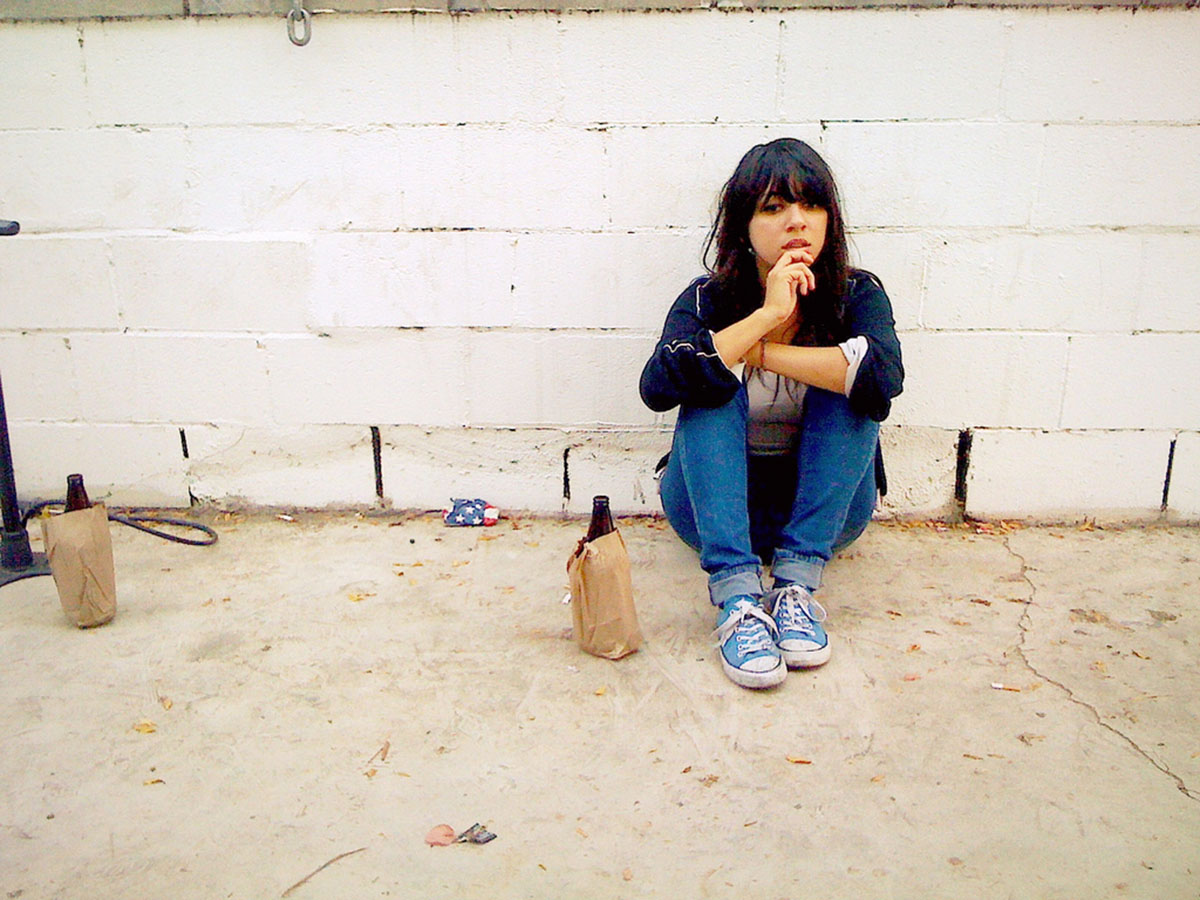Table of Contents
These findings seem to fly in the face of well established science that suggests that a variety of health conditions are actually improved by taking a drink (for women) or two (for men). Is there any way to reconcile the apparently contradictory results of research?

Actually, there is, and the common connection is the immune system.
Once such study was reported in the journal Vaccine in December of 2013. Dr. Ilhem Messaoudi of the School of Medicine at the University of California, Riverside led a group of researchers that kept two groups of rhesus monkey and allowed them access to either as much sugar water or as much alcohol as they wanted. Some monkeys, as you might imagine, kept themselves in an inebriated state, their blood alcohol levels averaging over 0.08%.
When Messaoudi and colleagues injected the monkeys with smallpox vaccine, which provokes a strong reaction by the immune system, they found that the reaction was stronger in the monkey that were allowed to drink alcohol. From this and similar studies, scientists conclude that moderate consumption of alcohol stimulates the immune system.
When cell DNA is damaged so much that the cell cannot replace itself and cannot function normally in a tissue, the cell becomes more vulnerable to immune attack, as if it were a germ instead of a human cell. When the immune system "takes out" this defective cell, it usually gets several of its neighbors in the process.
When the cells surrounding the site of inflammation generated by the immune system also have damaged DNA, they cannot proliferate to repair the damage. The more active the immune system, the greater the malfunction caused by defective DNA.
By the time this damage has accumulated to the point it produces symptoms, the process is too far along to reverse. In younger persons, however, surviving cells could reproduce themselves in sufficient numbers to keep tissues in good repair, if DNA damage is stopped.
See Also: Parenting Advice: Talking with Kids about Drugs and Alcohol Abuse
It is not just the young, however, who suffer DNA damage due to alcohol consumption. The process does not stop just because someone is no longer a "party animal." It continues throughout life. Not everyone is affected equally by alcohol consumption, but drinking sets the stage for the eventual development of acute respiratory distress syndrome, chronic liver disease, and untreatable diseases of the central nervous system.
The takeaway from research seems to be that it is healthier, as the moralists are always telling us, not to drink at all. And if you must drink, don't drink every day, and don't go on binges. Less alcohol results in less damage and slower aging. Beer, wine, and spirits all damage the protective antioxidant glutathione that keeps cell membranes in tact, and all can cause oxidative damage to DNA.
- Rendón-Ramírez A1, Cortés-Couto M, Martínez-Rizo AB, Muñiz-Hernández S, Velázquez-Fernández JB. Oxidative damage in young alcohol drinkers: A preliminary study. Alcohol. 2013 Nov.47(7):501-4. doi: 10.1016/j.alcohol.2013.08.002. Epub 2013 Sep 27.
- Mindmap by steadyhealth.com
- Photo courtesy of Incase by Flickr : www.flickr.com/photos/goincase/5143419548


Your thoughts on this